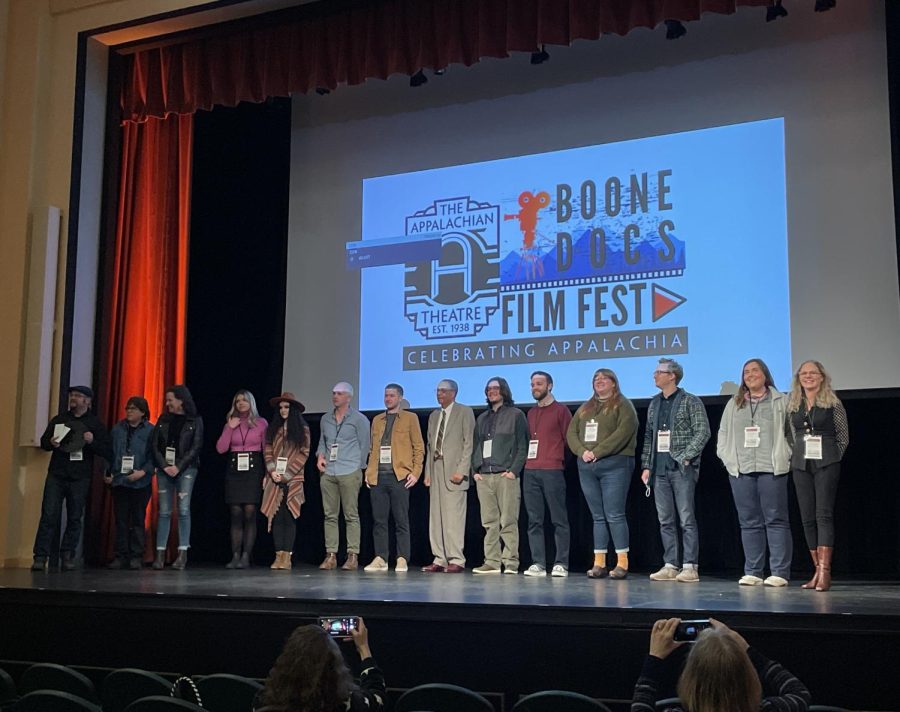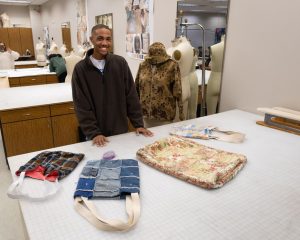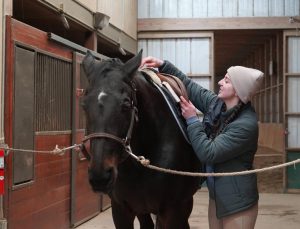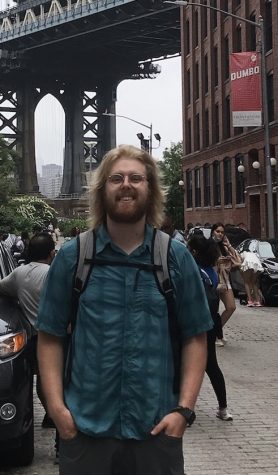Film festival spotlights voices of Appalachia
March 1, 2022
The Appalachian Theatre and campus documentary staff brought the town of Boone a new documentary film festival.
The Boone Docs Film Festival, which consisted of a campus screening event Thursday and a screening at Appalachian Theatre Saturday, focused on the voices of the Appalachian region. The event as a whole gave an outlet to small productions in the area, said Beth Davison, an App State professor in the interdisciplinary studies department.
“I think there are so many great stories out there that need to be told,” Davison said.
The Boone Docs is a title the Appalachian Theater uses as an umbrella for its documentary programing, Davison said. This weekend, however, was the first time the theater hosted an event where filmmakers could submit their documentaries in a competitive festival.
The idea for the Boone Docs Film festival came from a previous festival called BOONFF Film Festival, which ran from 2016-2018. Davison said the goal was to always have the festival at Appalachian Theatre because of the rich history it has in the community.
Executive director of the Appalachian Theatre, Laura Kratt, said she wants the theater to be a center that works with community partners. The partnership between university staff and the theater for the Boone Docs “wasn’t a hard sell,” Davison said.
Davison’s goal is to engage students on campus about documentary work. Through showcasing events like the film festival she is working to gain more sponsors and funding for documentary work on campus.
“Documentaries don’t have to be the boring old PBS documentaries,” Davison said.
On Thursday, the free screening event showed three documentaries as a “kick off” to the larger event on Saturday. A Q&A session with directors and subjects of the documentaries followed the screening.
Ann Ward and Chip Williams created the documentary “Fog Likely Farm.” The film follows Susie Winters and her husband David Sengel around their Boone farm. The film gives a history of Susie and the farm and how it became a staple of the area.
Ward, an electric media and broadcasting professor on campus, said she showed Winters and Sengel the film multiple times throughout the creation process for their comments.
“If I am going to tell someone’s story, I want to tell that story and not shock them with any twists or surprises that are not needed or make the subject look bad,” Ward said.
Chris Zaluski told the story of a fresco mural painted in Asheville in the Haywood Street Congregation in his film, “Theirs is the Kingdom.” The mural contains the likenesses of founding and involved members of the Haywood Street Congregation who have struggled with homelessness and poverty.
Zaluski said when starting the project, he spoke with the subjects of the film without a camera. He said there is no “magic process” to film making, but he loves it.
“They all have a different place in my heart,” Zaluski said.
Zaluski also said part of the joy of creating films is the problem solving process.
“Some areas you know are really going to be tough, and you have to figure out how to get past them, and some areas are a lot of fun, and those are the ones where you can edit for 10 hours, and it feels like you just blinked your eyes,” Zaluski said.
One of the films shown at the Saturday screening was “Wild and Scenic” by Jesse Barber, a senior interdisciplinary studies major. Barber said it was fun to chase the “rabbits of the story” and for anyone interested in documentary work, it is best to just try it. Barber’s film was also shown at the Carborrow Film Fest, Better Cities Film Festival and the Oregon Documentary Film Festival.
“It’s crazy and feels like I haven’t earned it, but it’s exciting to have the acclaim as a young filmmaker,” Barber said.
Nikole Lee is a student at Morehead State University who worked with Ellie Mullins to create the documentary “As Long As You Can,” a documentary about living in Appalachia as a member of the LGBTQ+ community. Lee said it was hard to choose what went into the film because the people that she and Mullins interviewed gave them hours of footage that they had to cut down to just 15 minutes. Ethan Payne, director of “Bright Morning Star: The Johnsons of Hemphill,” had the same problem with cutting down quotes.
“It was heartbreaking to have to cut out so much,” Payne said.
After the screenings and final Q&A session, Davison awarded the films. There was a panel of nine judges, including faculty members and alumni. Every film was watched by two or three judges and then ranked. Awards were given to the winner of the Judge Award and the Audience award. These two awards were accompanied by cash prizes. “Bright Morning Star” won the judge award, and a film named “Alchemy” by Bridget Fitzgerald won the audience award.
Jesse Barber is a staff member of The Appalachian.















